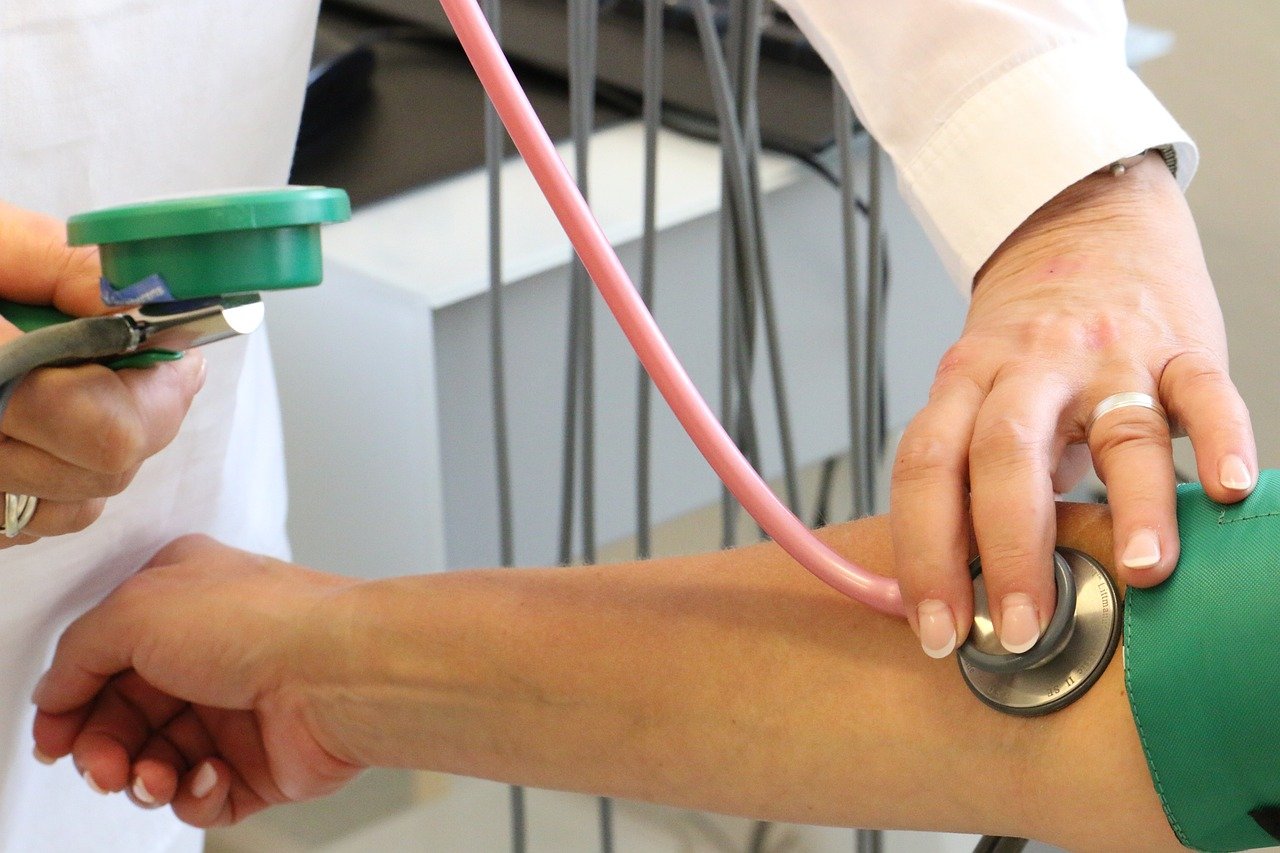High blood pressure, also known as hypertension, is a serious health condition that affects millions worldwide. It is a major risk factor for heart disease, stroke, and kidney failure. While factors such as diet, genetics, and lifestyle choices are commonly associated with high blood pressure, there is growing evidence that stress can play a significant role in its development and exacerbation. But can stress directly cause high blood pressure? Let’s dive deeper into this connection.
Understanding Stress and Its Impact on the Body
Stress is the body’s natural response to challenges or threats, triggering a cascade of physiological changes. This “fight-or-flight” response involves the release of hormones like adrenaline and cortisol, which prepare the body to react to perceived dangers. In the short term, stress can increase heart rate, tighten blood vessels, and raise blood pressure, all of which are temporary reactions designed to help us deal with immediate threats.
However, chronic stress, which occurs when stressors persist over time, can have long-term effects on the body. It’s during prolonged periods of stress that high blood pressure becomes a concern.
How Stress Contributes to High Blood Pressure
While stress may not directly cause high blood pressure in the same way as poor diet or lack of exercise, its impact on our health is significant. Here’s how chronic stress can contribute to hypertension:
- Sympathetic Nervous System Activation: Stress activates the sympathetic nervous system, which triggers the “fight-or-flight” response. This leads to the release of stress hormones like adrenaline, causing your heart to beat faster and your blood vessels to constrict, both of which can increase blood pressure.
- Increased Heart Rate: When stressed, the heart rate tends to increase, causing the heart to pump blood more forcefully through the arteries. This can result in higher blood pressure, especially if the stress response is frequent or long-lasting.
- Behavioral Factors: Chronic stress can lead to unhealthy behaviors, such as poor eating habits, smoking, excessive alcohol consumption, and physical inactivity. These lifestyle choices are all known contributors to high blood pressure.
- Cortisol and Salt Retention: Stress also raises cortisol levels in the body. This hormone can affect kidney function and lead to increased salt retention, which can raise blood pressure.
- Inflammation: Long-term stress has been shown to contribute to increased inflammation in the body. This chronic inflammation can affect blood vessels, making them stiffer and less able to expand and contract, contributing to higher blood pressure.
Can Stress Alone Cause High Blood Pressure?
While stress is a significant factor, it is typically not the sole cause of hypertension. High blood pressure usually results from a combination of factors, including genetics, age, poor diet, physical inactivity, and stress. That said, the relationship between stress and high blood pressure is undeniable, and stress management is a crucial component of blood pressure control.
Managing Stress to Prevent High Blood Pressure
Managing stress is an essential step in maintaining a healthy blood pressure level. Here are some effective strategies to reduce stress and protect your cardiovascular health:
- Regular Physical Activity: Exercise is a natural stress reliever that can help lower blood pressure. Activities like walking, running, yoga, or swimming can reduce tension and improve overall cardiovascular health.
- Relaxation Techniques: Practices such as deep breathing, meditation, progressive muscle relaxation, and mindfulness can help reduce stress and promote relaxation.
- Adequate Sleep: Getting enough quality sleep is vital for stress management and overall health. Aim for 7-9 hours of sleep each night to help your body recover and manage stress more effectively.
- Social Support: Maintaining strong social connections can act as a buffer against stress. Spending time with friends and loved ones or talking to a therapist can provide emotional relief and reduce feelings of isolation.
- Healthy Lifestyle Choices: Eating a balanced diet, avoiding smoking, and limiting alcohol intake can all help manage stress and support healthy blood pressure levels.

Conclusion
While stress alone may not directly cause high blood pressure, it plays a significant role in exacerbating the condition, especially when combined with other risk factors. Chronic stress can increase heart rate, cause blood vessel constriction, and lead to unhealthy behaviors, all of which can contribute to hypertension. By managing stress effectively and adopting a healthy lifestyle, you can reduce your risk of developing high blood pressure and promote better heart health. If you’re concerned about your blood pressure, it’s important to consult with a healthcare professional who can help guide you toward the best course of action for your individual needs.

